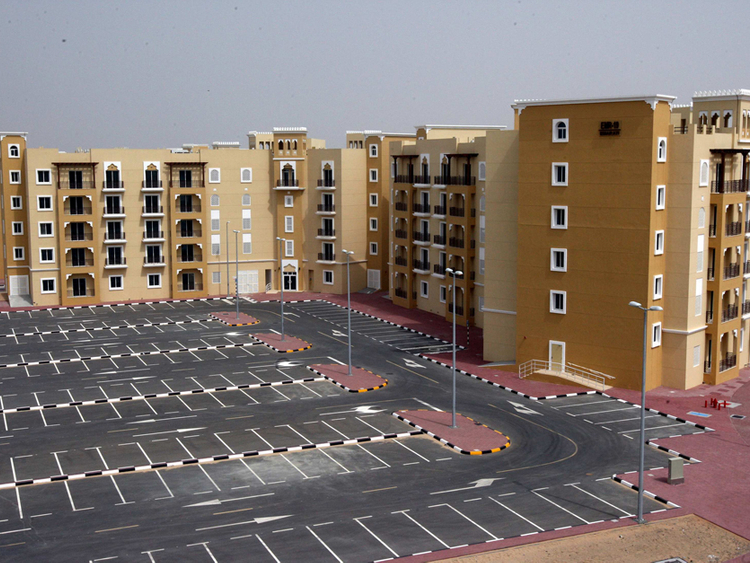Dubai: The plan to make it mandatory for developers to build affordable housing for low-income tenants in Dubai will not only benefit the residents, but the local economy as well, industry analysts have said.
According to property consultants, the introduction of housing options for families earning below Dh15,000 a month will bring a “wide range of benefits” to Dubai and lead to an increase in investor interest.
Middle-income earners account for a huge proportion of the population in Dubai, more than 40 per cent, and they are likely going to be the key driver for the affordable housing market in the emirate
“The introduction of this asset class in Dubai is likely to bring a surge in institutional investor interest, especially if the affordable quotas are reasonably high, say in the region of 20 per cent to 30 per cent of the total number of units being built," said Cluttons in its Spring 2015 Residential Market Outlook.
“The creation of this new residential investment class should then pave the way for partnerships between local developers and large multinational finds, effectively catapulting the emirate's real estate market to the next stage of its evolution.”
The Dubai Municipality has set aside several hectares of land in Al Quoz 3 and 4 and Muhaisnah 4 for developers to set up affordable housing options for tenants earning between Dh3,000 and Dh10,000 a month.
There are also plans to issue a new law that will require developers to set aside 15 per cent to 20 per cent of their projects to affordable housing.
“The proposal by Dubai Municipality to introduce mandatory affordable housing quotas for all new residential developments in Dubai is long overdue and is expected to bring a wide range of benefits to the emirate, while driving further maturity in the market,” Cluttons said.
“With the introduction of the Federal Mortgage caps and the doubling of property registration fees, we saw genuine end users in the market forced into a holding pattern as they attempted to make the transition from rented accommodation to owner occupation.”
“The surging rents, driven by the exceptionally strong underlying demand, which was linked to the robust economic growth, meant that household finances were coming under tremendous pressure on several fronts.”
But with rents now softening, tenants can start saving up for their future home purchase. "With rents starting to show greater stability, households have a window of opportunity to consolidate their finances and make the leap to owner occupation."













